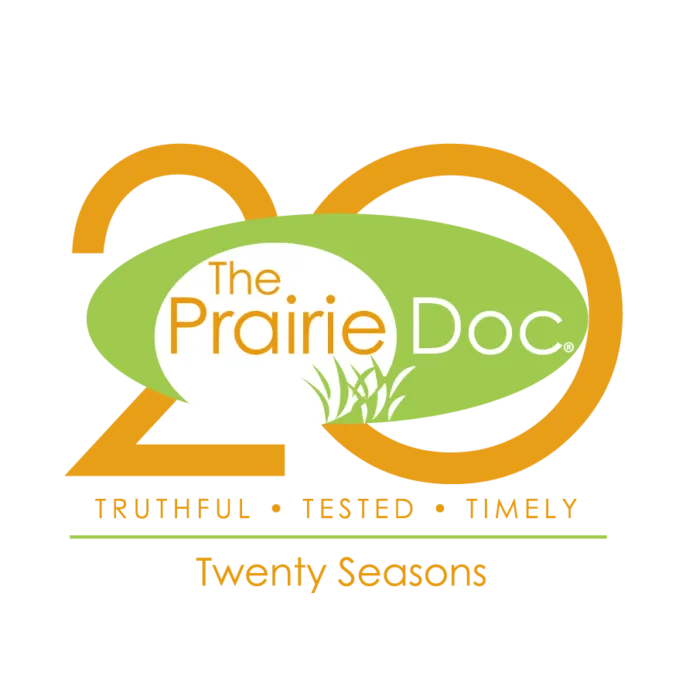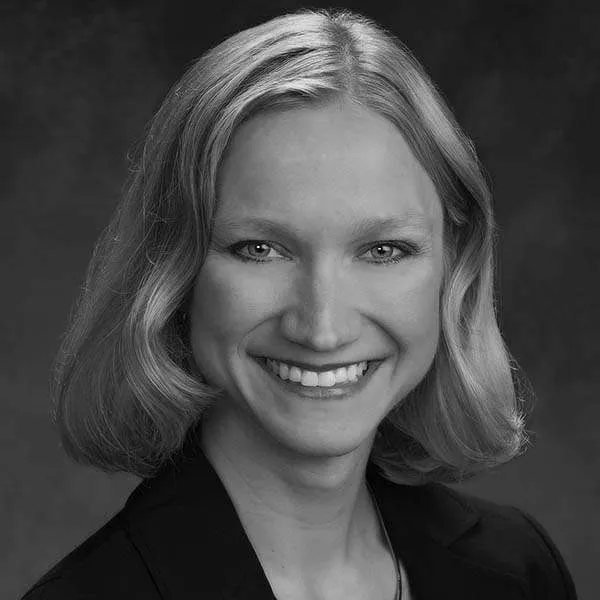After 40 years as a doctor interacting with patients, in the last two and a half years the tables turned, and I’ve become the patient. Although most are good, I’ve found some doctors are detached, some are too quick, some would rather be somewhere else, some are even angry; but, when a physician who cares walks into the room, and I’m not exaggerating, the day becomes better, the pain becomes less, and hope fills my heart. Scientific knowledge is important, but the ability to convey honest concern, human thoughtfulness and compassion is equal in importance in this healing profession. So, how do we select pre-med students for that, or teach compassion in medical school?
There are studies that show those interested in humanities or taught disciplines that explore how people tick, do better in the compassion department. These disciplines include history, literature, religion, ethics, anthropology, psychology, cultural studies and the arts of theater, film, painting and poetry. Some explain that the humanities give us the very reason to learn science and mathematics.
Several studies support the value of humanities in medicine. Seven hundred medical students were surveyed about their lifetime exposure to the humanities and the results indicated that those who had more humanities knowledge had more empathy, tolerance to ambiguity, resourcefulness, emotional intelligence and less burnout. Another study found that a med student’s ability to recognize diagnostic clues increased by more than 35 percent after taking a visual arts class. Another study found practicing improv theater helped med students learn to prepare for unexpected questions and conversations. A fourth study showed how writing exercises helped med students have foresight into what a patient may be experiencing. Clearly, an exposure to the humanities makes a better doctor.
I believe that care providers who have had a well-rounded humanities education have a better chance of understanding about how it feels to face pain, nausea, loss of bodily functions or even a cancer diagnosis. Those steeped in good literature or art have a better opportunity to tap creative juices to problem solve and tolerate a life that can be ambiguous and unpredictable. Those who are knowledgeable of history, ethics, cultural ways will find it easier to know when it is time to stop aggressive care and move toward comfort.
This is a call for all students to become readers, to find time to enjoy the humanities, to exercise your caring and compassion muscles; so, when you come into the room of a person suffering, it makes their pain less and day better.
Richard P. Holm, MD, passed away in March of 2020 after a battle with pancreatic cancer. He was founder of The Prairie Doc® and author of “Life’s Final Season, A Guide for Aging and Dying with Grace” available on Amazon. Dr. Holm’s legacy lives on through his Prairie Doc® organization. For free and easy access to the entire Prairie Doc® library, visit www.prairiedoc.org and follow Prairie Doc® on Facebook, featuring On Call with the Prairie Doc® a medical Q&A show streaming on Facebook most Thursdays at 7 p.m. Central.




